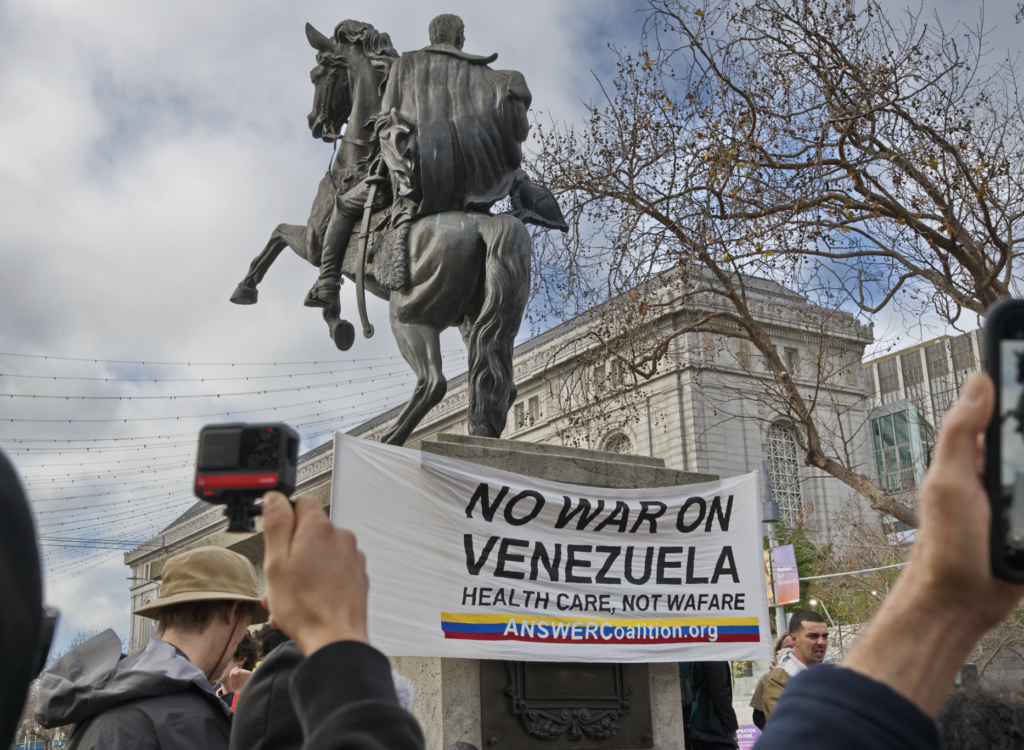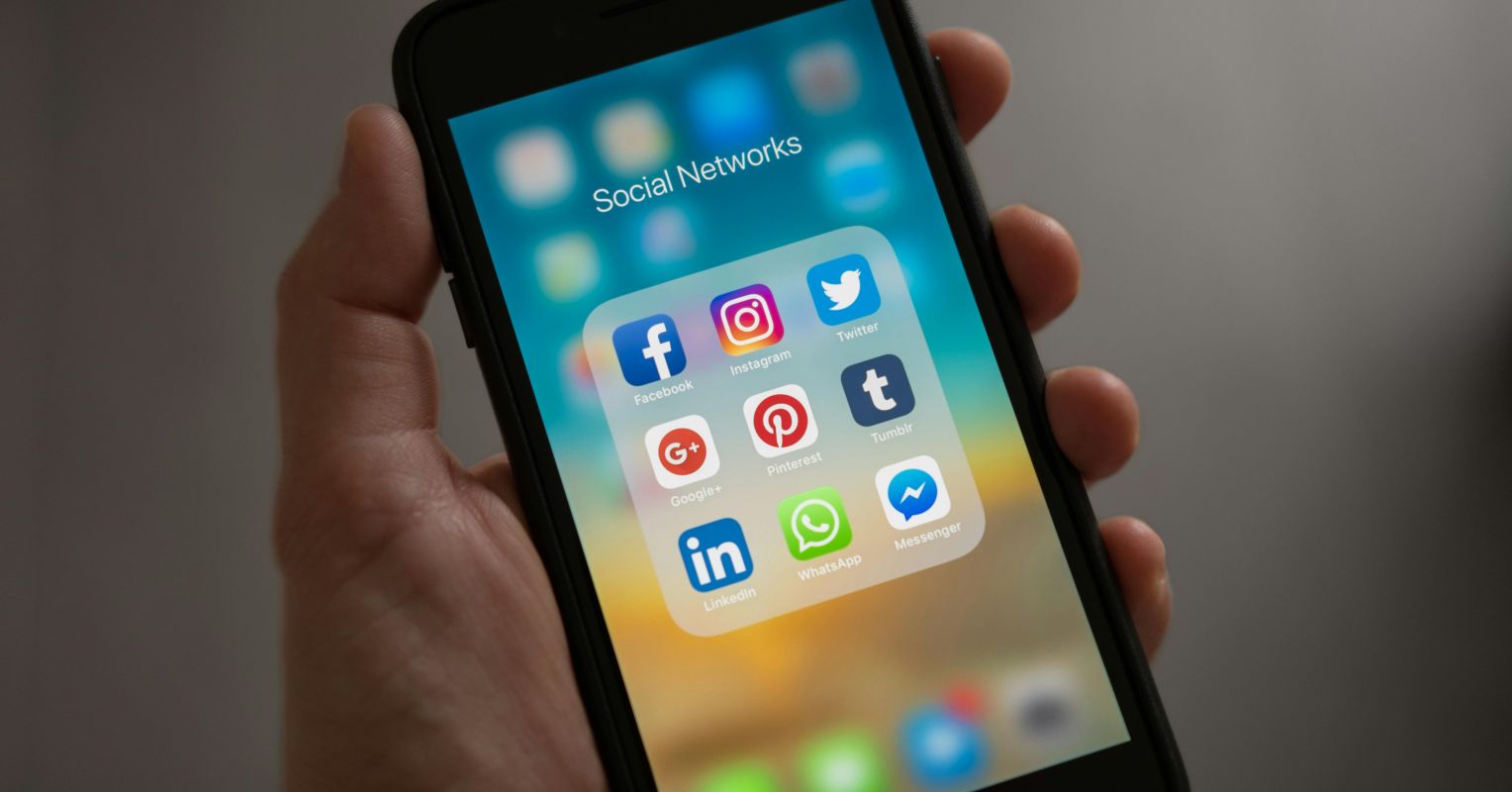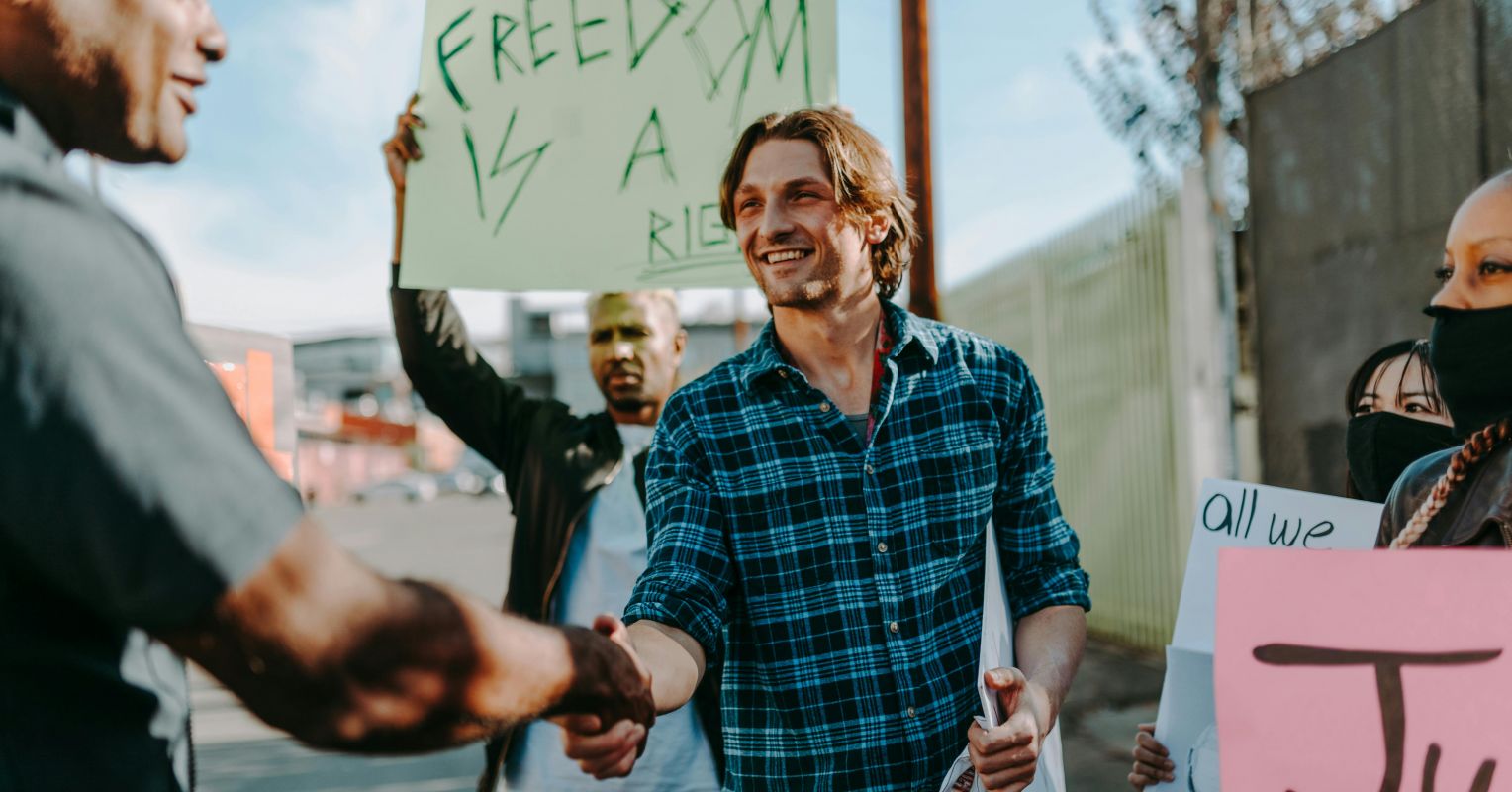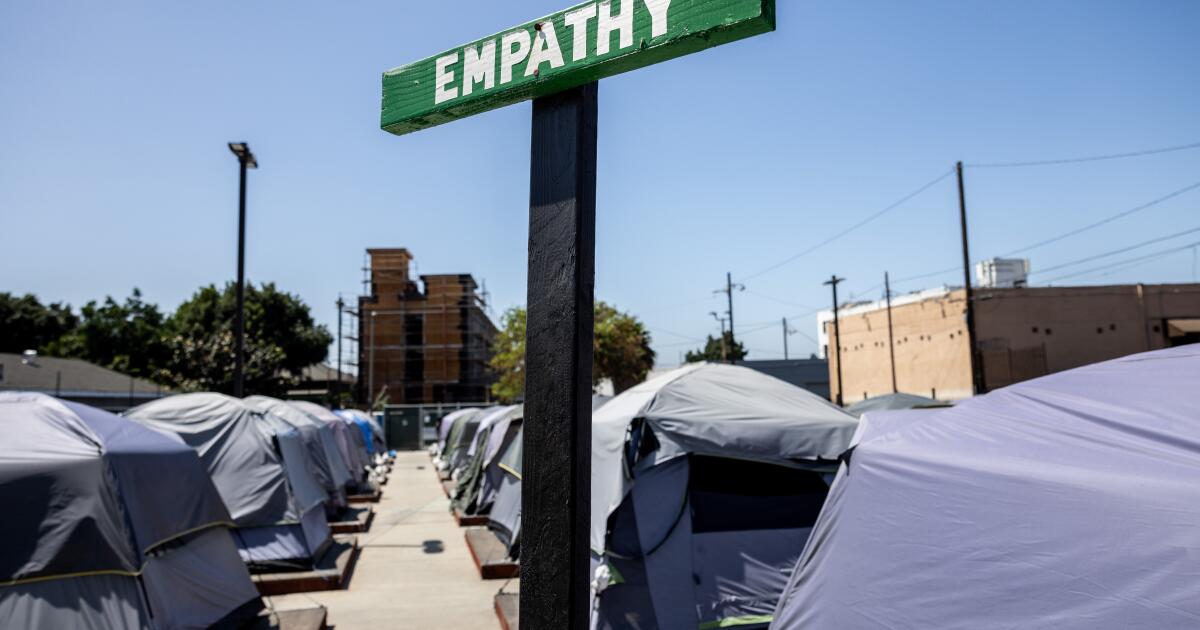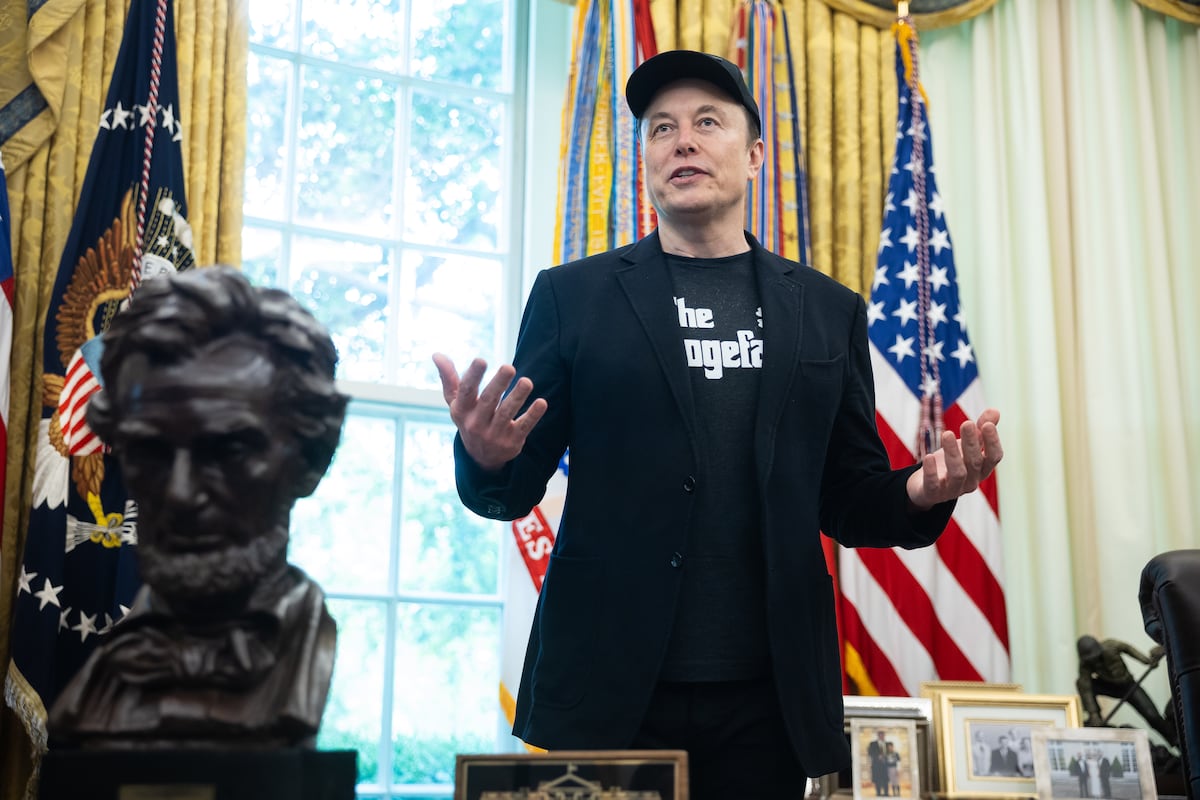fromwww.theguardian.com
20 hours agoCosta Rica heads to polls amid fears of authoritarian turn
Costa Rica heads to the polls on Sunday in an election dominated by increasing insecurity and warnings of an authoritarian turn in a country long seen as a model of liberal democracy in the region. Crime is a big concern for many voters as criminal groups battle to control lucrative cocaine trafficking routes to Europe and the US, casting a shadow on the Central American country famous for its wildlife tourism.
World news

